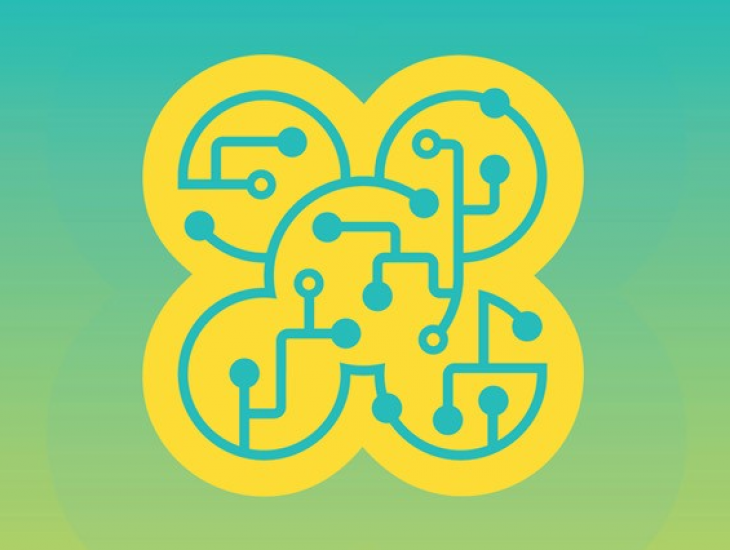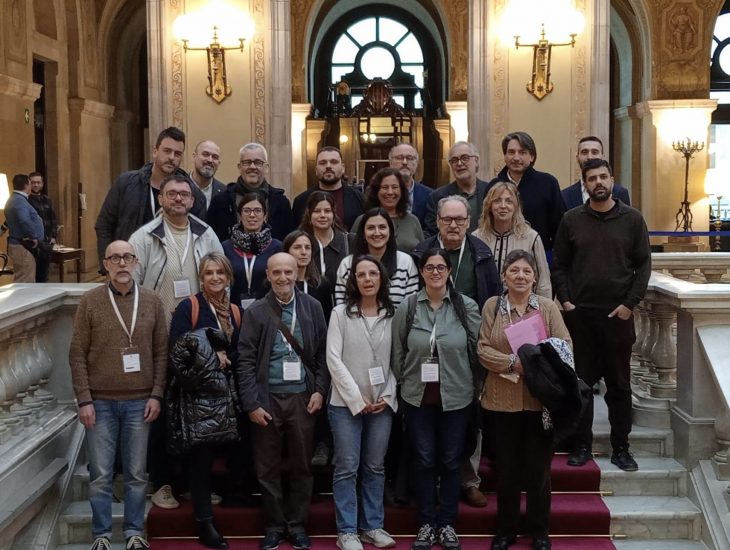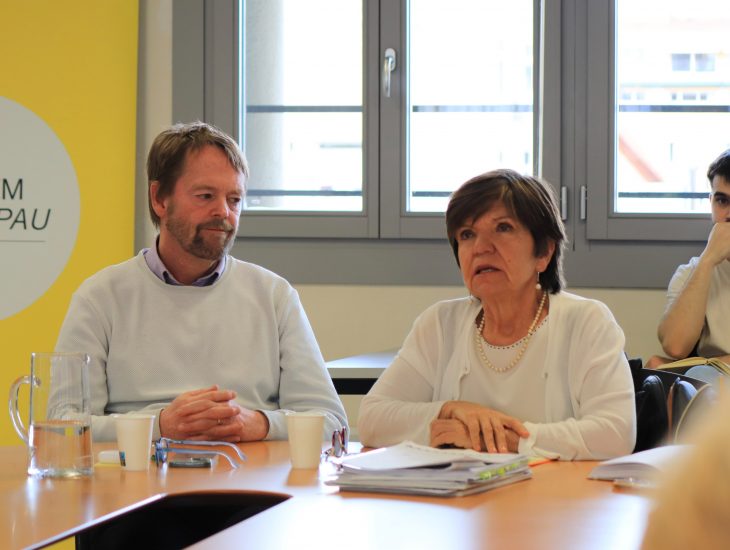The mandate of the Colombian Truth Commission is to contribute to the clarification of the events that took place within the framework of the Colombian armed conflict for over 50 years; to promote the recognition of the victims and the responsibilities of those who participated directly and indirectly in the conflict; and to promote coexistence in the territories in order to guarantee non-recurrence.
In addition, in a way that is unprecedented in transitional justice processes, the Commission works directly with the Colombian community living abroad, as an actor-subject deserving attention and participation. According to the Commission itself, at least 500,000 Colombians living abroad have requested international protection, and this does not include the second generation or people who left the country without requesting protection status.
The Commission recognizes the importance of including the experiences and voices of this Colombia living outside Colombia in the story of the country that is being shaped. It has therefore generated a territorial deployment at the international level that has involved processes of support for the Commission in 23 countries in Europe, North America, Central America, the Andean region and South America.
In Europe, the work has been guided by ICIP, in its role as the Commission’s technical secretariat, and participation has basically been structured on three levels:
- Nodes or support groups for the Commission;
- Internodal working groups;
- Interviewers for the taking of testimonies.
In this process, the Commission has trained around 90 people to take testimonies from victims of the armed conflict residing in Europe, in order to contribute to the clarification of the facts through a unique methodology with a psychosocial approach.
To promote this support network, one of the main methodological concepts in the process has been to create spaces for participation and coordination among diverse actors: victims of various armed actors who are not organized, organizations of Colombian victims, peace and human rights activists, organizations in host countries, and people from the arts world and from academia, among others.
Along these lines, in Europe, there are 15 support groups in 10 countries: Germany, Belgium, Denmark, Spain (Andalusia, Catalonia, Madrid, Basque Country and Valencia), France and South of France, Italy, Norway, United Kingdom, Sweden and Switzerland. These nodes are spaces for the convergence of people and organizations that meet to join efforts and previous experiences in memory and peacebuilding in support of the Commission’s mandate.
In addition, there are intermodal groups, as coordinating spaces throughout Europe in relation to specific thematic areas: gender, psychosocial accompaniment, recognition of victims, relatives of victims of enforced disappearance, and second and third generations in exile.



